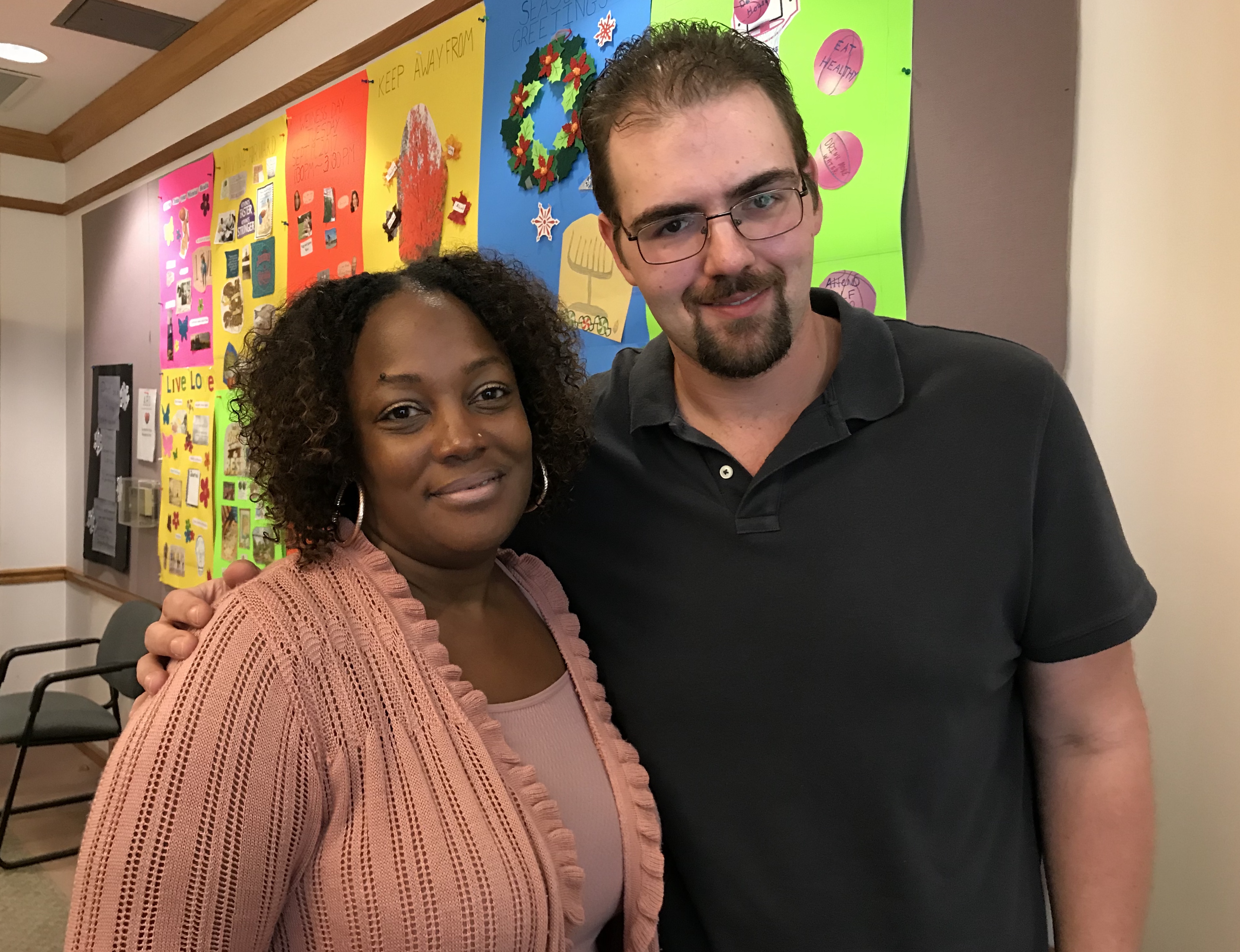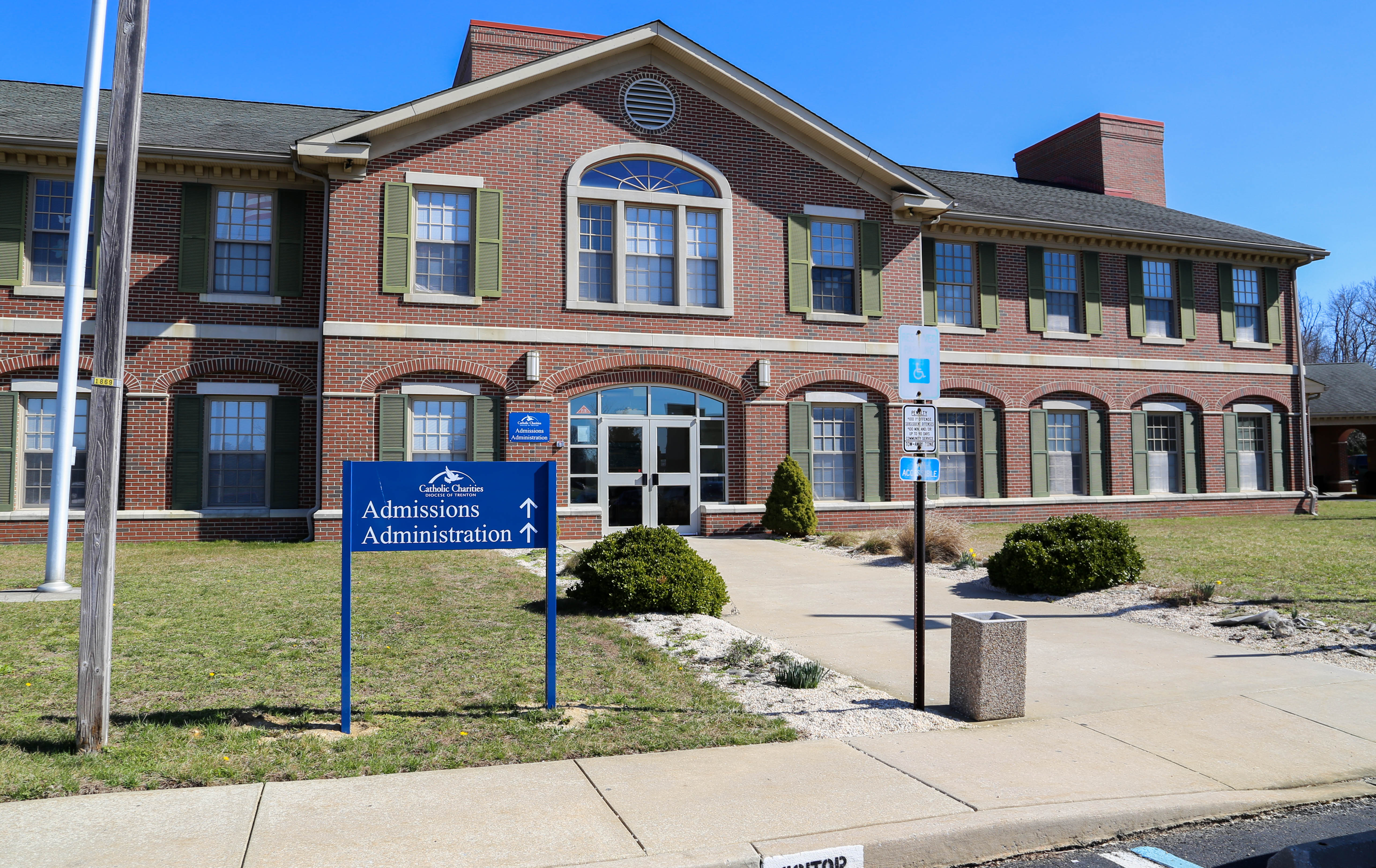Addiction recovery, other needs met in Partial Care program
 Lawrence first started using marijuana at 15. After seeing his mother get shot, he developed post-traumatic stress disorder and turned to harder drugs to dull his senses. That spiraled into a decade-long battle against heroin addiction.
Lawrence first started using marijuana at 15. After seeing his mother get shot, he developed post-traumatic stress disorder and turned to harder drugs to dull his senses. That spiraled into a decade-long battle against heroin addiction.
After surviving an overdose, he knew he wanted a different life. So he reached out to Catholic Charities, Diocese of Trenton’s Partial Care Program, an intensive outpatient program where he successfully detoxed through medication-assisted treatment. There, he also connected with mental health counseling, as well as employment and housing services.
“My life has really turned around. It was in shambles before,” said Lawrence, who’s now 32. “I tried other places (recovery programs). But nothing worked.”
Believe to succeed
His mother, who survived the shooting, found Catholic Charities for Lawrence.
“It felt like home,” Lawrence said of his recovery journey at Catholic Charities. “They didn’t judge me or look down on me. They had faith in me.”
Lawrence recently landed a landscaping job and is working with Catholic Charities to find stable housing.
“He’s doing amazing,” said Cheryl Smith, assistant director of clinical services (pictured above, with Lawrence).
It hasn’t been easy, Lawrence acknowledged. But he has hope in the future for the first time in a long time.
“I consider Catholic Charities like your parent: It teaches you how to grow up. It gets you on your feet,” Lawrence said. “They don’t always give you what you want. But they give you what you need. They believe in you, especially if you believe in yourself.”
An entrenched epidemic
The opioid crisis is especially acute in New Jersey, where 2,600 people have fatally overdosed so far this year (through Oct. 28), according to state data. Only Nebraska and North Carolina have seen their percentage of overdose deaths rise as fast as New Jersey did in 2017, according to the U.S. Centers for Disease Control.
The Partial Care program is one of several programs Catholic Charities offers to help people recover from addiction.
It’s part of the agency’s Certified Community Behavioral Health Clinic (CCBHC), which is a new federal model of care intended to strengthen community-based healthcare services for those whose complex needs have historically left them out of the system. The CCBHC model is a collaborative one intended to keep people out of institutional placements, while also dismantling barriers to treatment. For example, people who come to Catholic Charities to recover from substance abuse can also get other services, such as housing assistance, education and employment services, mental health care, and more.
Call our Access, Help and Information Center at 1-800-360-7711 to connect with professional care.
To subscribe to our blog posts and news releases, fill out the fields below.